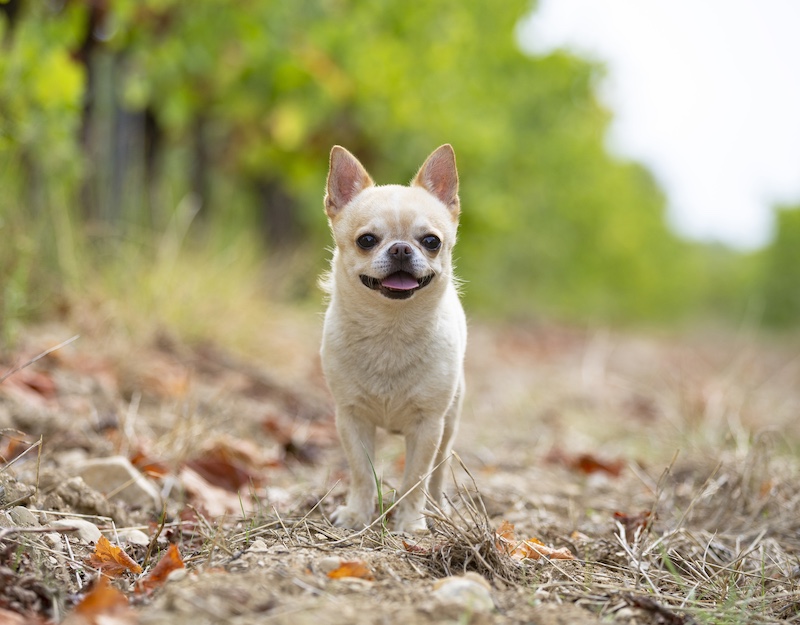Choosing the right dog breed for a family with children is essential to ensure harmony and safety. While many dog breeds are affectionate, patient, and great companions for kids, some breeds might not be the best fit due to their temperament, energy levels, or general characteristics. It’s important to note that a dog’s behavior greatly depends on individual personality, training, and socialization; however, certain breeds are more likely to display traits that might not be ideal for homes with young children. Here are ten dog breeds that usually aren’t considered good with kids.
1. Chow Chow
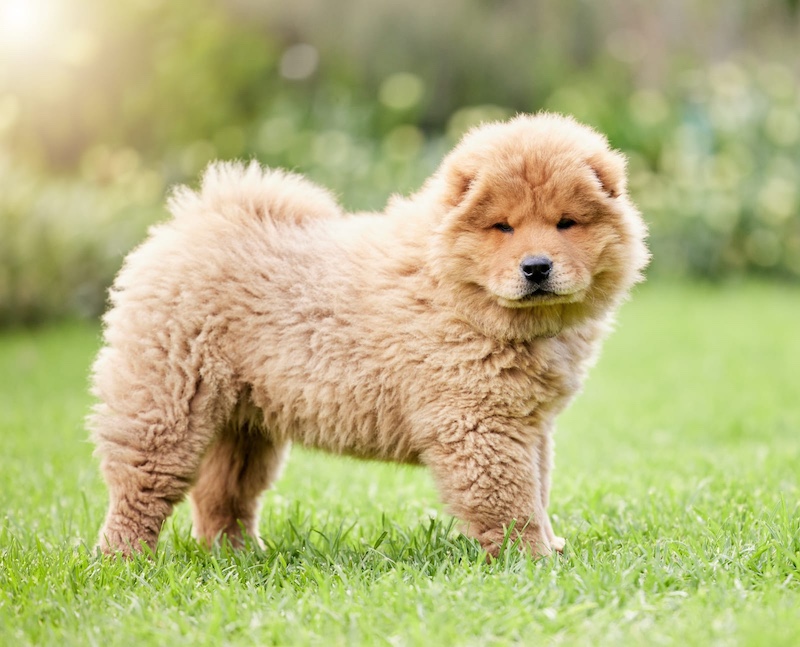
Chow Chows are known for their lion-like appearance and aloof nature. While loyal to their owners, they tend to be independent, stubborn, and reserved around strangers, including children. Their strong guarding instincts and low tolerance for rough handling can lead to unpredictable behavior if provoked or annoyed. They often do not enjoy being hugged or handled by young children, making them better suited for homes without kids or with older, respectful children who understand boundaries.
2. Akita
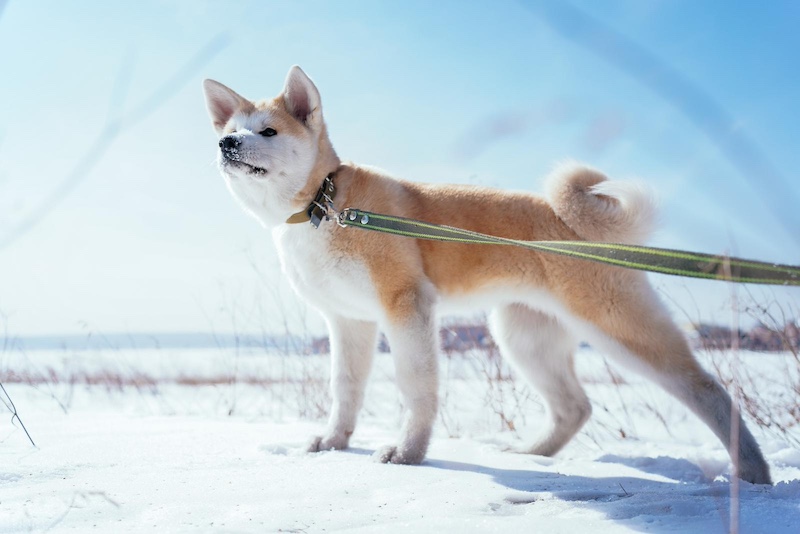
Akitas are powerful, independent dogs that are fiercely loyal to their families. However, their dominant and protective nature can make them wary of children’s unpredictable behavior. Akitas may not tolerate the noisy, erratic actions of young kids and can become easily irritated. Their high prey drive and territorial instincts also mean that they require careful supervision around children and other pets.
3. Dalmatian
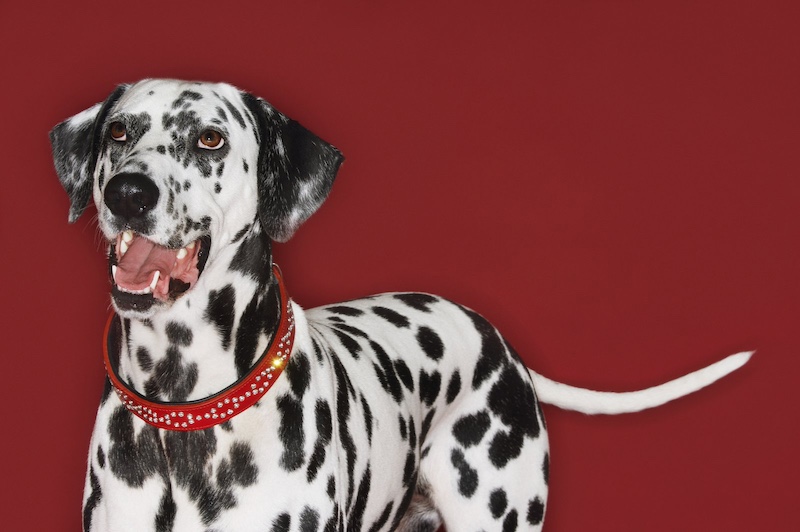
Dalmatians are energetic and intelligent dogs known for their striking spotted coat. While they can be great companions, their high energy levels and tendency toward stubbornness can make them challenging to manage around young children. Dalmatians require plenty of exercise and mental stimulation, and without it, they can become overly excitable or even nippy. Their boisterous nature might be overwhelming for small children, and they may not always be patient with the noise and activity levels that kids bring.
4. Shiba Inu
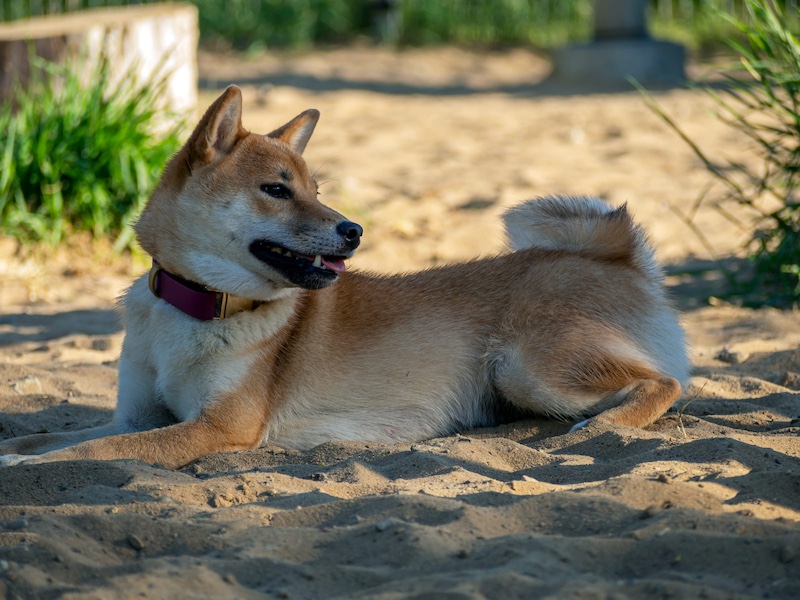
The Shiba Inu is a small but strong-willed breed known for its cat-like independence. These dogs are often described as aloof and reserved, preferring to keep to themselves rather than interact with boisterous children. Shibas can be intolerant of rough play and may react defensively if they feel cornered or threatened. Their independent streak and reluctance to be handled make them a poor match for families with young kids.
5. Afghan Hound
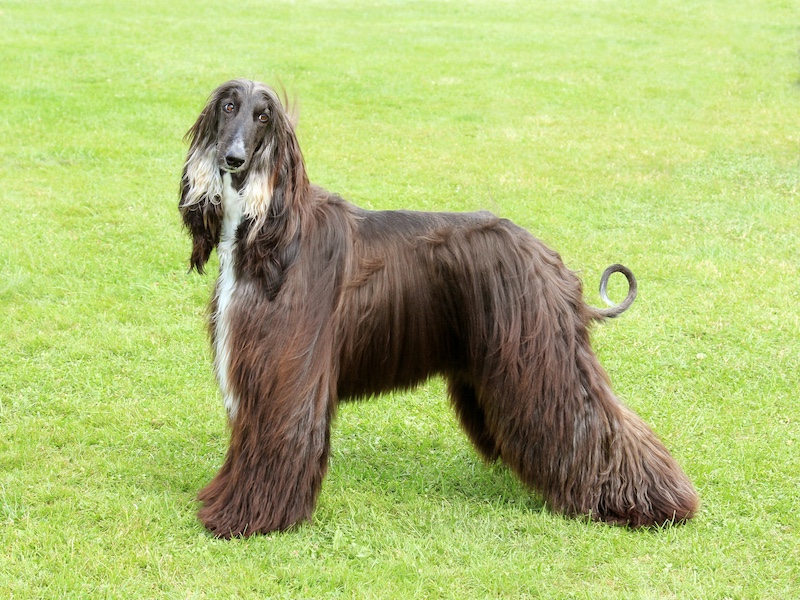
Afghan Hounds are known for their elegant appearance and aloof demeanor. They are generally sensitive dogs that prefer calm, quiet environments. These hounds can be standoffish and may not respond well to the high energy and unpredictability of children. Afghan Hounds are also known for their independence and can be less responsive to commands, which can pose a problem in managing interactions with kids.
6. Jack Russell Terrier
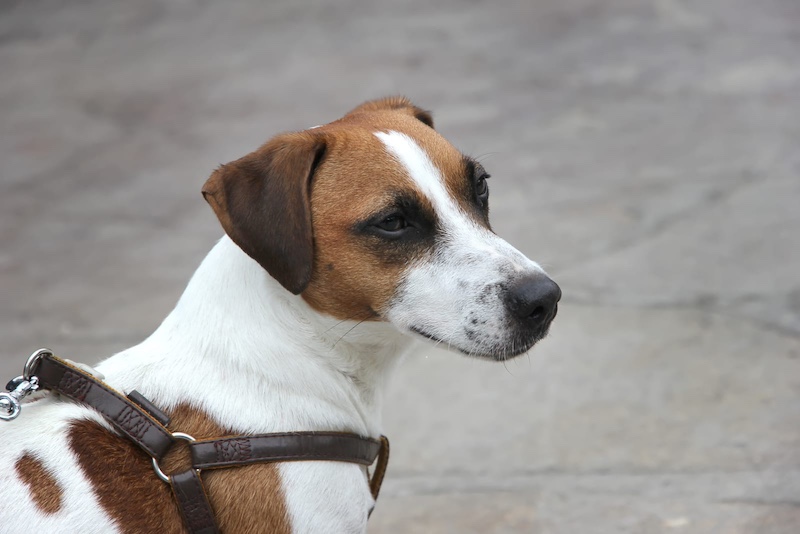
Jack Russell Terriers are small but mighty dogs with a ton of energy packed into their little bodies. They are highly intelligent, energetic, and often have a strong prey drive. While they can be fun and entertaining, their relentless energy and tendency toward rough play can be too much for young children. Jack Russells can also be nippy, especially if they feel cornered or overstimulated, making them less suitable for families with small kids.
7. Siberian Husky
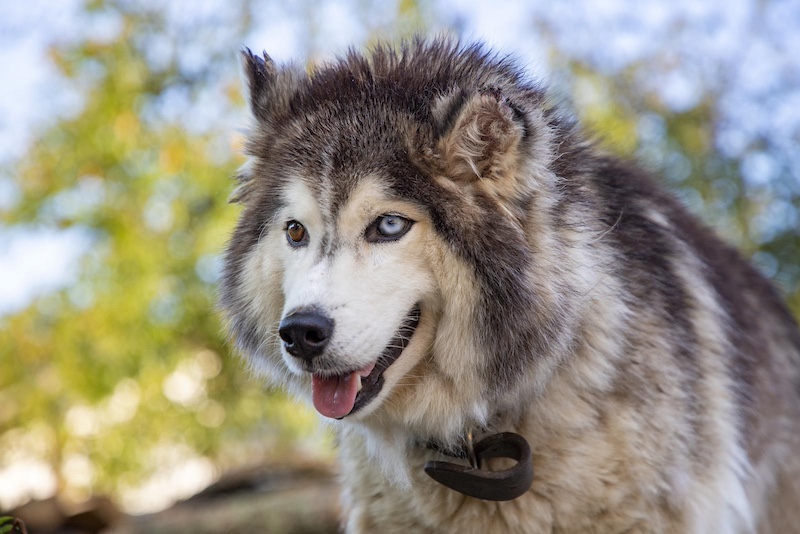
Siberian Huskies are known for their striking appearance and boundless energy. However, they are also independent, stubborn, and often not interested in the structured play that children enjoy. Huskies can be mouthy and may play rough, which can inadvertently lead to scratches or nips. Their high prey drive and tendency to be jumpy can make them a poor fit for homes with small children who may not know how to interact safely with such an energetic breed.
8. Cocker Spaniel
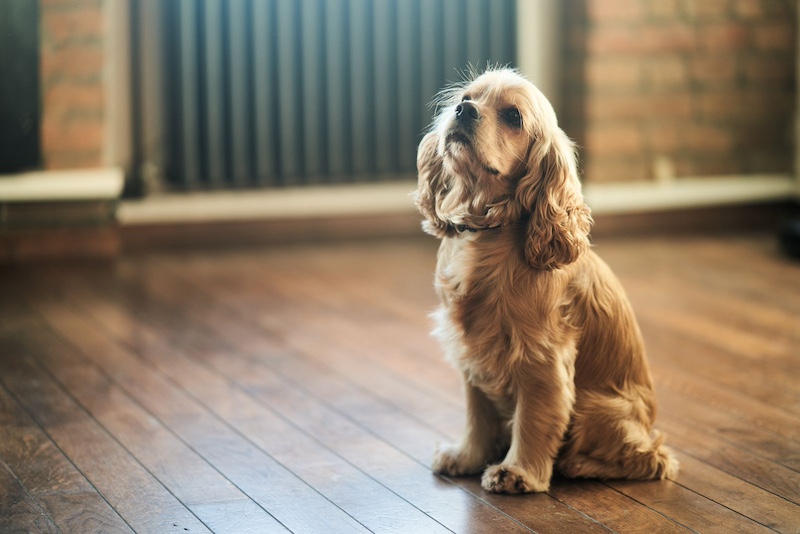
Although Cocker Spaniels are often perceived as friendly and gentle, they can sometimes have issues with children due to their sensitive nature. Cocker Spaniels are prone to anxiety and can be snappy if startled or provoked. Their unpredictability around young kids, combined with their tendency to guard resources like food and toys, means they require careful handling and supervision in family settings.
9. Weimaraner
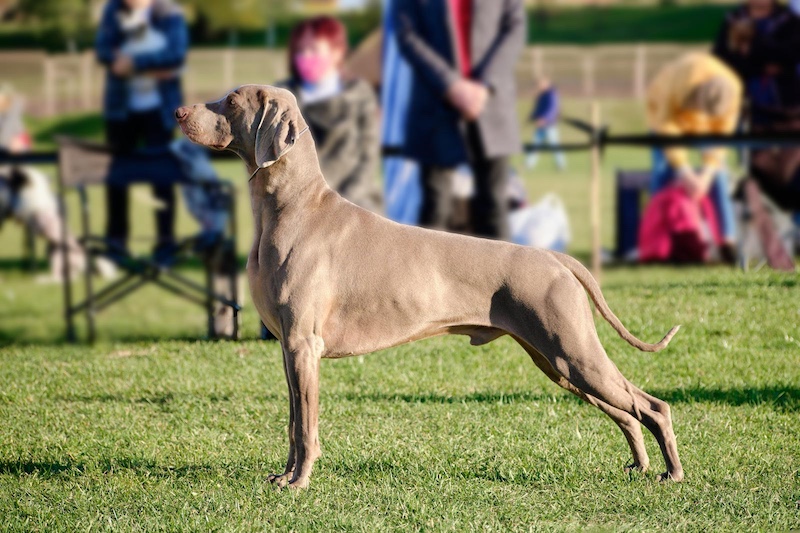
Weimaraners are athletic, energetic dogs that thrive on exercise and mental stimulation. While affectionate and loyal, their high energy and need for constant activity can make them overwhelming for families with young children. Weimaraners are also known to be somewhat stubborn and independent, making them less suited for households that may not have the time or resources to train and exercise them properly.
10. Chihuahua
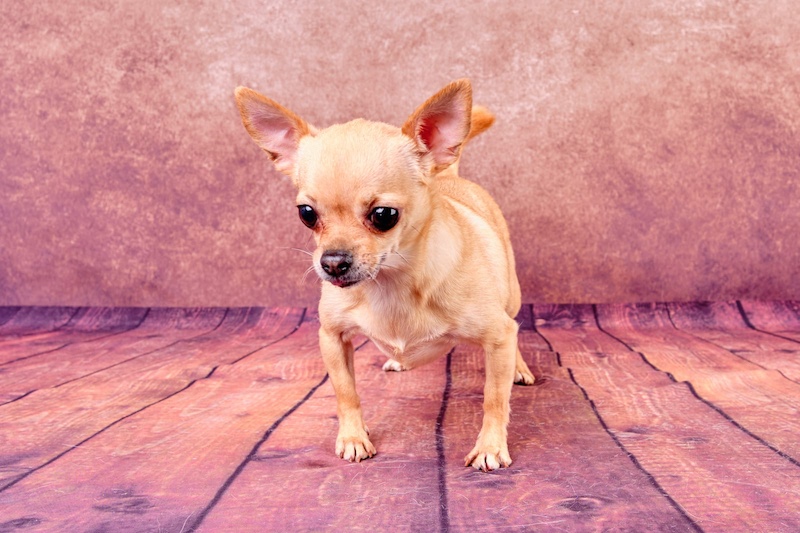
Chihuahuas are the smallest dog breed, but they often have larger-than-life personalities. They can be feisty, snappy, and territorial, especially if they feel threatened or overwhelmed. Due to their small size, they are easily injured by rough play, which can make them defensive around children. Chihuahuas are better suited to households with older kids who understand how to handle a delicate, small dog. Please Note: This content was created with the assistance of AI and thoroughly edited by a human before publishing.

